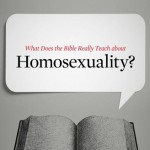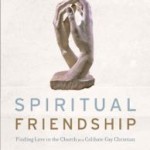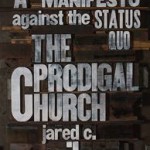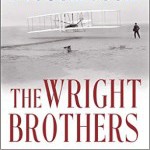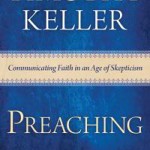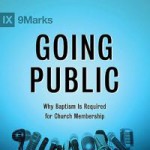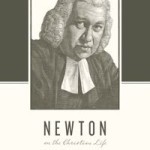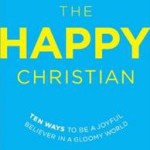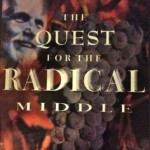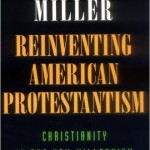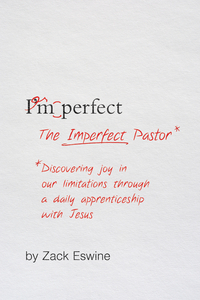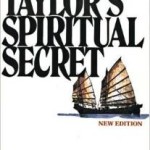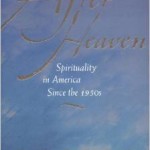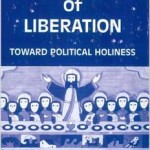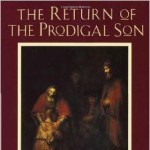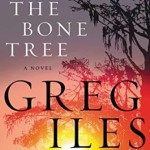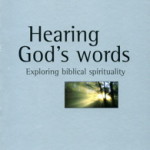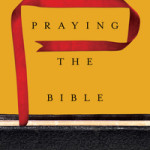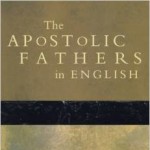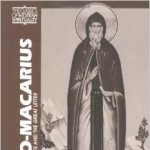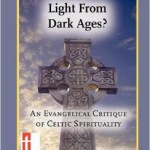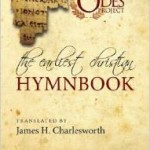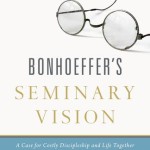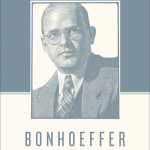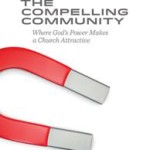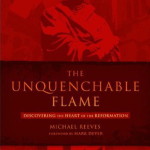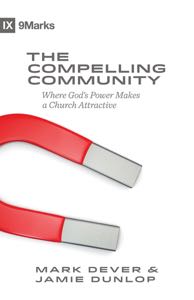We live in a wonderful time of historic recovery among mainstream evangelicals. Reformation theology has surged once again—just before the Reformation’s quincentenary—and thus it’s only logical that many are now taking the next step in Reformation recovery: a reformation in worship. “Liturgy” is on the lips of many. Just a couple weeks ago I was with a church planter working in a denomination quite opposed to set forms of worship, yet he excitedly spoke about “a call to worship, “confession of sin and assurance of pardon.”
As many senior pastors and music pastors find themselves joyfully swept up by the beauty of Reformed worship I thought it could be helpful to point out a few timeless resources for those who lead in worship. These books don’t argue for a particular liturgy in worship, but rather offer numerous ways to think about, implement, and then lead a congregation each element of worship.
4 Books for Leading in Worship
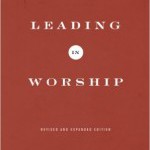 Leading in Worship edited by Terry Johnson. Having become disillusioned with the shallowness, incoherence, and mancenteredness of mainstream contemporary Christian worship, a growing number of ministers and laypeople within the Protestant Church are beginning to recover the biblical roots of traditional Reformed worship. If you count yourself among this number, Leading in Worship was compiled for you. Here is a rich profusion of liturgical material carefully selected from the various directories and prayer books published during the heyday of the Protestant Reformation and compiled into a robust liturgical directory with adaptable forms of worship appropriate for every occasion. But this is more than just a directory of worship. Editor Terry Johnson also explains the importance and purpose of the different services, outlining the biblical foundations for the varied worship practices of the Reformers. Created for ministers, this book also edifies and encourages congregants by providing a biblical rationale for liturgical forms. Leading in Worship is a practical handbook of utmost importance to the modern reformation.
Leading in Worship edited by Terry Johnson. Having become disillusioned with the shallowness, incoherence, and mancenteredness of mainstream contemporary Christian worship, a growing number of ministers and laypeople within the Protestant Church are beginning to recover the biblical roots of traditional Reformed worship. If you count yourself among this number, Leading in Worship was compiled for you. Here is a rich profusion of liturgical material carefully selected from the various directories and prayer books published during the heyday of the Protestant Reformation and compiled into a robust liturgical directory with adaptable forms of worship appropriate for every occasion. But this is more than just a directory of worship. Editor Terry Johnson also explains the importance and purpose of the different services, outlining the biblical foundations for the varied worship practices of the Reformers. Created for ministers, this book also edifies and encourages congregants by providing a biblical rationale for liturgical forms. Leading in Worship is a practical handbook of utmost importance to the modern reformation.
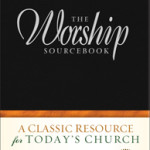 The Worship Sourcebook edited by John Witvliet and Emily Brink. The Worship Sourcebook is a collection of more than 2,500 prayers, litanies, and spoken texts for every element of traditional worship services held throughout the seasons of the church year. This indispensable resource for worship planners and pastors includes texts that can be read aloud as well as outlines that can be adapted for your situation. Teaching notes offer guidance for planning each element of the service. Thought-provoking perspectives on the meaning and purpose of worship help stimulate discussion and reflection. The companion CD contains the entire text of the book for easy cutting and pasting into bulletins, PowerPoint slides, orders of worship, and more. This second edition includes new and revised liturgies, additional prayers for challenging situations facing today’s church, and new appendices.
The Worship Sourcebook edited by John Witvliet and Emily Brink. The Worship Sourcebook is a collection of more than 2,500 prayers, litanies, and spoken texts for every element of traditional worship services held throughout the seasons of the church year. This indispensable resource for worship planners and pastors includes texts that can be read aloud as well as outlines that can be adapted for your situation. Teaching notes offer guidance for planning each element of the service. Thought-provoking perspectives on the meaning and purpose of worship help stimulate discussion and reflection. The companion CD contains the entire text of the book for easy cutting and pasting into bulletins, PowerPoint slides, orders of worship, and more. This second edition includes new and revised liturgies, additional prayers for challenging situations facing today’s church, and new appendices.
 Leading in Prayer by Hughes Oliphant Old. This comprehensive guide to ordering, improving, and doing prayer in Christian corporate worship is for pastors, worship leaders, teachers and anyone interested in a deeper understanding of the use of public prayer. Old discusses the historical and theological background of prayer, instructs readers in the various kinds of prayer as they are used in worship, and examines the ordering of prayer in congregational worship. Includes sample prayers and sample church services.
Leading in Prayer by Hughes Oliphant Old. This comprehensive guide to ordering, improving, and doing prayer in Christian corporate worship is for pastors, worship leaders, teachers and anyone interested in a deeper understanding of the use of public prayer. Old discusses the historical and theological background of prayer, instructs readers in the various kinds of prayer as they are used in worship, and examines the ordering of prayer in congregational worship. Includes sample prayers and sample church services.
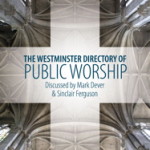 Westminster Directory of Public Worship discussed by Mark Dever and Sinclair Ferguson. The Scotsman writes, “To read and study the Puritans is akin to standing in a familiar house and noticing there is an extra door one had never noticed. Press it open and a large basement full of unimagined resources come into view. Here one may linger often, and from here Christians – and not least Christian pastors – may return to the world of their daily service with renewed vigor, with a greater sense of the gospel and its power, deeply challenged to live for their chief end: ‘to glorify God and enjoy him for ever.’ Here we find ourselves in a world of men with a clear vision of the nature of true pastoral ministry, and an unreserved commitment to it, whatever the personal cost. This is an environment of clear-sightedness, single-mindedness, and a deep love of God which, if applied to the work of the pastor today would have a profound, if at times a disturbing, impact on our understanding of the real task of the ministry.”
Westminster Directory of Public Worship discussed by Mark Dever and Sinclair Ferguson. The Scotsman writes, “To read and study the Puritans is akin to standing in a familiar house and noticing there is an extra door one had never noticed. Press it open and a large basement full of unimagined resources come into view. Here one may linger often, and from here Christians – and not least Christian pastors – may return to the world of their daily service with renewed vigor, with a greater sense of the gospel and its power, deeply challenged to live for their chief end: ‘to glorify God and enjoy him for ever.’ Here we find ourselves in a world of men with a clear vision of the nature of true pastoral ministry, and an unreserved commitment to it, whatever the personal cost. This is an environment of clear-sightedness, single-mindedness, and a deep love of God which, if applied to the work of the pastor today would have a profound, if at times a disturbing, impact on our understanding of the real task of the ministry.”
If you’re interested in more resources on worship Westminster Books has an excellent five-book set for 40% off. Included are:
- Rhythms of Grace by Mike Cosper
- Worship Matters by Bob Kauflin
- Give Praise to God edited by Phil Ryken, Derek Thomas, and Ligon Duncan
- Christ-Centered Worship by Bryan Chapell
- Engaging with God by David Peterson

